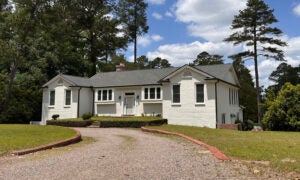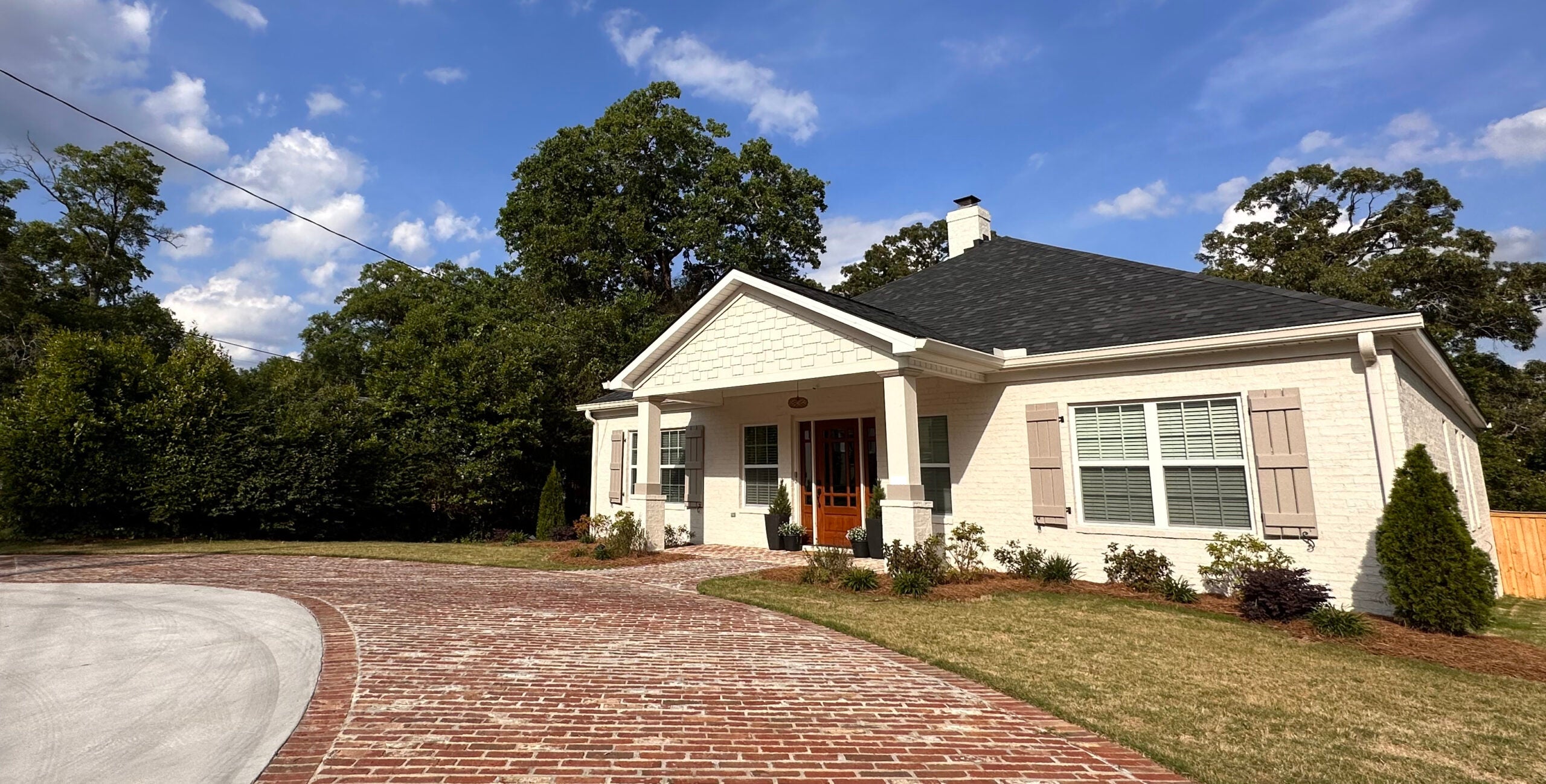Many Augustans already are pros at short-term rentals, opening their homes to Masters Tournament visitors who spend big for a few days’ lodging. But what about the other 51 weeks of the year?
Augusta officials are considering implementing rules for those weeks, after a few problem houses gave rise to incidents of drug use, wild parties and even a death. Commissioner Sean Frantom hears about it from constituents in District 7, where some Masters Tournament rentals have evolved into permanent short-term rentals.
There’s one such rental at the edge of a ritzy subdivision off Berckmans Road. “The gentleman that rents out the house doesn’t live there. We had a death there in 2022, and we can’t hold them accountable,” Frantom said.
In another worst-case scenario just outside Augusta, a man attended a 2017 “Sweet 16” party at a Grovetown Airbnb rental and wound up getting shot. Attendees of all ages consumed alcohol and illegal drugs, according to his pending lawsuit against Airbnb, the party’s host and the High Meadows Property Owners Association.
Currently on AirBnb, there are more than 700 houses and apartments available for short-term rentals in the 30904 zip code. There are more than 800 in 30909.
Homes may be unnoticed till a problem occurs

Often residents don’t realize a nearby home is a short-term rental, Planning Director Carla DeLaney told commissioners at a Wednesday workshop.
“It’s when it becomes a problem, that it becomes known to the neighbors,” she said.
With Augusta Commissioner Stacy Pulliam’s and Frantom’s encouragement, commissioners looked at options for a short-term rental ordinance at a Wednesday workshop.
“We know it’s here and it’s not going anywhere,” said Pulliam, a realtor. “We wanted to look over our ordinance and see if it’s keeping up with present-day time.”
Augusta charges a 6% excise tax on hotel and motel stays of under 30 consecutive days. Rental platforms pass the same charge along to customers, but Augusta codes currently say nothing about regulating short-term rentals of private housing, DeLaney said.
The prevalence of short-term rentals can change the fabric of a neighborhood, and many jurisdictions apply some sort of restriction to short-term rentals, typically accompanied by a fee or tax, she said.
The regulations include requiring owners obtain a business license, limits on occupancy or setting a minimum number of nights per stay or maximum number of weeks per year, she said. Savannah requires owners apply with a local tourism agency, and Tybee Island makes them register with a database.
Registration makes the rentals’ existence known to local officials should a problem arise, DeLaney said.
Few limits on short-term rentals in area
Locally, North Augusta has no short-term rental rules, while Aiken limits them to certain areas. Columbia County reminds homeowners not using online platforms that they, too, are expected to charge and remit an 5% excise tax on lodgings.
Commissioner Jordan Johnson said he’s had Sand Hills homeowners reach out about wild parties held in nearby short-term rentals.
An ordinance can’t necessarily control loud noise at parties, which is regulated by the sheriff, but occupancy limits would control their size, DeLaney said.
Other jurisdictions have been successful in blocking off a small amount of time for isolated short-term rentals such as Masters Week, she said.
No one suggested imposing the rules during the golf tournament at the Wednesday meeting.
“If we were to try to think about going into Masters Week, it would create a kerfuffle across the entire community,” Frantom said.
But the rest of the year, Frantom said he wanted to see some sort of financial penalty for short-term rental owners who break the rules, after issues have arisen at multiple properties around National Hills and elsewhere in his district.
“It’s evident they don’t think we mean business,” he said.
Is ordinance really needed?
Asked about any potential downsides, DeLaney said it could burden homeowners simply trying to make extra cash off something they own.
“There’s a concern you are taking away a potential opportunity for some people to come up a little bit, make a little money, to bridge an income shortage or pay for a vacation,” she said.
Augusta’s general fund does not benefit from hotel-motel taxes, Interim Administrator Takiyah Douse noted. The tax, which raised $930,000 in 2022 and is expected to generate $1.2 million this year, goes to the Augusta-Richmond County Coliseum Authority and Destination Augusta, she said.
Wednesday’s discussion concluded with a warning from General Counsel Wayne Brown about the need for an ordinance.
Its enforcement might involve other branches of government not present Wednesday, such as the sheriff’s office, Brown said.
“I think we ought to quantify how real this need is, as opposed to the benefit that we’re going to get,” he said. “How many real complaints has this had?”












